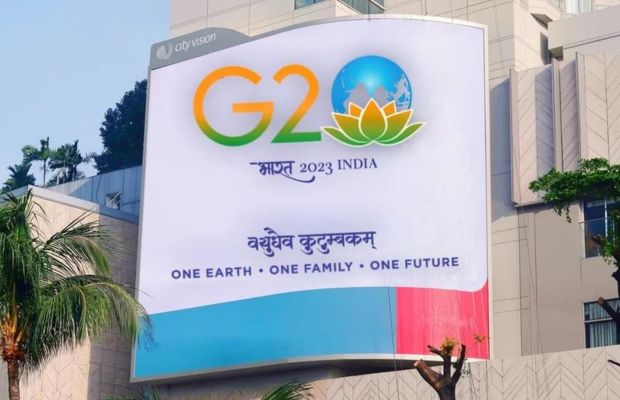

G20 members reportedly failed to reach a consensus due to disagreements on Saturday on the global phase-out of fossil fuels after objections by some producer countries. The event was the G20’s fourth energy transitions working group (ETWG) meeting.
G20 Member states account for over three-quarters of global greenhouse gas emissions, around 85 per cent of the global GDP, over 75 per cent of the global trade, and about two-thirds of the world population. Thus, there is a need for consensus among these nation-states to decarbonise, which is crucial in the global fight against climate breakdown.
Climate scientists and activists were left exasperated as talks collapsed during a meeting in India. This breakdown comes at a critical time when the world is grappling with a surge in extreme weather events, ranging from severe heatwaves and prolonged forest fires to widespread flooding. These events have been observed in various regions, including China, the US, the Global South, and Europe.
Disagreements at G20 including the intended tripling of renewable energy capacities by 2030 resulted in officials issuing an outcome statement and a chair summary instead of a joint communique at the end of their four-day meeting in Panaji, the capital of the Indian coastal state of Goa. If states had reached a unanimous agreement on the concerns discussed, they would instead issue a joint communiqué.
One of the main points of variance was the issue of the $100 billion (£78bn) climate action fund. Some sections urged developed countries to deliver on the goal of jointly mobilising $100 billion per year for climate action from 2020 to 2025. The description of the Ukraine war was another point of disagreement.
Fossil fuel use became a point of argument, but officials failed to reach a consensus over curbing unabated use and argued over the language to describe the pathway to cut emissions.
The summary document indicates that some member countries stressed the importance of reducing the use of fossil fuels without relying on carbon capture technology in line with different national circumstances. However, there were dissenting opinions on the matter, with some countries advocating for a greater focus on capturing emissions rather than enforcing strict reductions in fossil fuel usage.
Indian Power Minister R.K. Singh in a press briefing after the conference, said some countries wanted to use carbon capture instead of a phase-down of fossil fuels. He did not name the countries.
Reportedly, Saudi Arabia took the lead in opposing the phase-out of fossil fuels, garnering support from several other nations. Major fossil fuel producers such as Russia, China, South Africa, and Indonesia are also known to be against the target of tripling renewable capacity by the end of the decade.
Alden Meyer, a senior associate at the climate change consultancy E3G, highlighted the evident divisions displayed during the G20 meeting concerning the urgent need for a fair, rapid, and equitable transition away from fossil fuels.
During preceding meetings last week, the US and India reached an agreement to cooperate on bolstering investments in India’s energy transition sector. US Treasury Secretary Janet Yellen and India’s Finance Minister Nirmala Sitharaman engaged in discussions about various aspects of their collaboration, which encompassed “commercial and technological cooperation, enhancing supply chains, and expediting the clean energy transition,” as stated by Yellen.
India’s ethanol initiative has helped India save Rs. 1,26,210 crore in foreign exchange by reducing…
Noida-based green energy leader NexGen Energia Ltd has secured a $1 billion equity investment commitment…
As Odisha takes firm steps toward a just transition from fossil fuels to renewable energy,…
Bio-Integrated cladding for greener cities, an innovative solution by a 29-year-old Indian architect, has won…
In a novel move, Farmwatt Innovation has launched a long-term training and capacity-building initiative focused…
State owned Bharat Petroleum Corporation Ltd (BPCL) has joined hands with GPS Renewables Pvt Ltd…